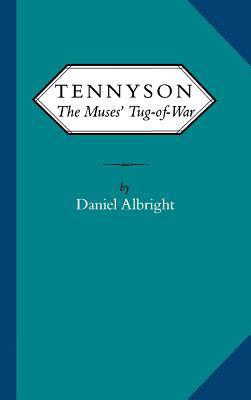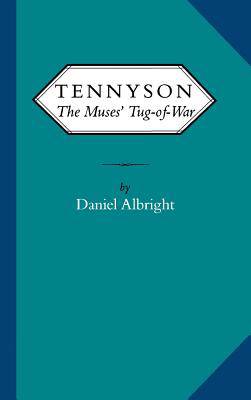
- Afhalen na 1 uur in een winkel met voorraad
- Gratis thuislevering in België vanaf € 30
- Ruim aanbod met 7 miljoen producten
- Afhalen na 1 uur in een winkel met voorraad
- Gratis thuislevering in België vanaf € 30
- Ruim aanbod met 7 miljoen producten
Zoeken
Omschrijving
"Albright contends that Tennyson's ``aesthetic goals were . . . in conflict'' and that his poetry attempts to ``unite two incompatible poetics, '' one governed by a heavenly muse, the other by an earthly muse suspicious of the idealizations and abstractions held dear by the first. The result is a poetry of ``myopia and astigmatism.'' With its neatly pursued argument and jargon-free text, this study offers many insights, though a readership fluently conversant with the Tennysonian opus (not just the major poems) is assumed. This is a good beginning for the Virginia ``Victorian Studies'' series, which will deal in literary topics from 1830 to 1914. Presumably the series, like this book, will be aimed at an audience at the advanced undergraduate level or above. The book is recommended, accordingly. "
Specificaties
Betrokkenen
- Auteur(s):
- Uitgeverij:
Inhoud
- Aantal bladzijden:
- 264
- Taal:
- Engels
- Reeks:
Eigenschappen
- Productcode (EAN):
- 9780813911007
- Verschijningsdatum:
- 7/10/1986
- Uitvoering:
- Hardcover
- Formaat:
- Genaaid
- Afmetingen:
- 152 mm x 229 mm
- Gewicht:
- 562 g

Alleen bij Standaard Boekhandel
+ 201 punten op je klantenkaart van Standaard Boekhandel
Beoordelingen
We publiceren alleen reviews die voldoen aan de voorwaarden voor reviews. Bekijk onze voorwaarden voor reviews.







